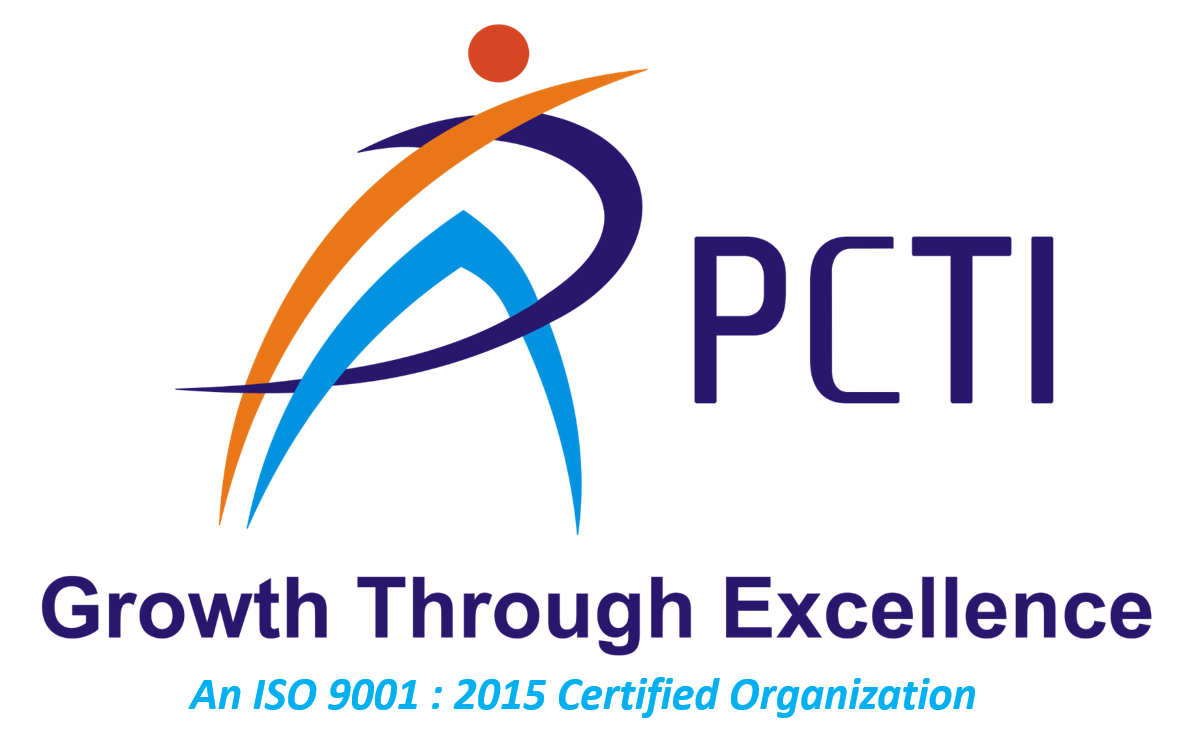Starting and advancing in a software development career can be both exciting and demanding. With the continuous evolution of technology, staying ahead and excelling in this field necessitates a strategic approach. Whether you are a beginner or an experienced developer, here are some essential tips to help you build a successful career in software development.
1. Master the Fundamentals
i. Grasp Core Concepts:A solid understanding of fundamental programming concepts is essential. Focus on key areas such as data structures, algorithms, and object-oriented programming. Familiarize yourself with widely-used languages like Python, Java, and C++. These basics provide a foundation for tackling more complex challenges.
2. Commit to Lifelong Learning
i. Stay Current: The tech industry is constantly evolving. To remain competitive, regularly update your skills by learning new programming languages, tools, and frameworks. Engage in online courses, attend workshops, and read relevant books and articles.
ii. Adapt to Change: Be open to change and willing to learn. The tech landscape evolves rapidly, and adaptability is key to leveraging new opportunities and advancements.
3. Build a Strong Portfolio
i. Show Your Work: Create a portfolio to showcase your projects. A well-maintained GitHub repository, personal website, or LinkedIn profile can demonstrate your skills to potential employers. Highlight a range of projects to show your versatility.
ii. Contribute to Open Source: Participate in open-source projects. This provides experience, opportunities to collaborate with other developers, and a way to give back to the community. Contributions to well-known projects can enhance your visibility and credibility.
4. Hone Problem-Solving Skills
i. Critical Thinking: Software development revolves around solving problems. Practice breaking down complex problems into smaller, manageable tasks. Enhance your ability to think critically and logically.
ii. Use Online Resources: Platforms like LeetCode, HackerRank, and Codewars offer coding challenges that help improve problem-solving skills and prepare you for technical interviews.
5. Network and Seek Mentorship
i. Build Connections: Networking with other professionals can lead to job opportunities, collaborations, and valuable friendships. Attend conferences, join online forums, and participate in local tech meetups.
ii. Find a Mentor: A mentor can provide guidance and support. Look for someone whose career path you admire and reach out for mentorship. A mentor can offer advice, share experiences, and help you navigate challenges.
6. Prioritize Quality
i. Write Clean Code: Focus on writing clean, maintainable code. Follow coding standards and best practices. Clean code is easier to read, debug, and extend, making you a more efficient developer.
ii. Thorough Testing: Implement rigorous testing practices. Unit tests, integration tests, and end-to-end tests ensure your code is reliable and functions as intended. Quality assurance is critical in professional software development.
7. Develop Soft Skills
i. Effective Communication: Good communication is essential in software development. Articulate your ideas clearly, listen to feedback, and collaborate with team members. Effective communication facilitates smoother project execution and reduces misunderstandings.
ii. Manage Time Efficiently: Learn to manage your time well. Prioritize tasks, set realistic deadlines, and avoid procrastination. Effective time management helps you meet project deadlines and maintain a healthy work-life balance.
8. Understand the Business
i. Align with Business Goals: Understanding the business context of the software you develop is crucial. Know the target audience, market needs, and business objectives. Aligning your development efforts with business goals ensures your work adds value and meets user expectations.
ii. Collaborate with Stakeholders: Work closely with product managers, designers, and other stakeholders. Effective collaboration ensures that the software you develop meets the requirements and delivers the intended value.
9. Build Resilience
i. Handle Failure Gracefully: Setbacks are inevitable in the fast-paced tech industry. Learn from your mistakes, stay resilient, and keep moving forward. Each failure is an opportunity to grow and improve.
ii. Stay Motivated: Keep your passion for technology alive. Stay curious, explore new areas, and continuously challenge yourself. A motivated mindset drives innovation and personal growth.
Conclusion
A successful software development career requires a blend of technical expertise, continuous learning, strong problem-solving abilities, and effective communication. By mastering the fundamentals, staying adaptable, building a robust portfolio, and developing both hard and soft skills, you can navigate the dynamic tech landscape and achieve long-term success in your career. Remember, perseverance and a passion for learning are your greatest allies in this journey.

